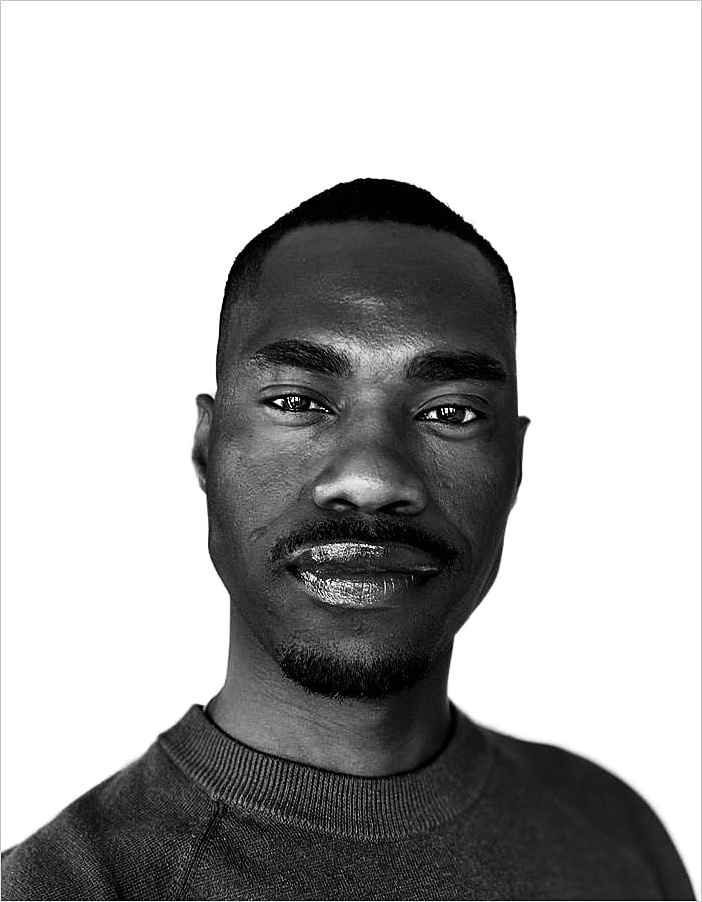AI is transforming fashion from aesthetic industry to intelligent ecosystem—where clothing becomes data interface, and identity becomes co-designed intelligence.

Fashion has always been language of identity. AI turns it into dialogue. In the emerging frontier of fashion technology, garments are no longer static expressions but dynamic interfaces — responsive, sentient, and self-learning.
The question is no longer what we wear, but what our clothing knows about us.
AI can already predict style preferences, optimise design efficiency, and generate new silhouettes. But the deeper revolution lies in algorithmic empathy — systems that translate personality data into personalised design.
Fashion becomes feedback loop between emotion and expression. The runway becomes real-time.
The marriage of AI and sustainability is the sector’s defining test. Fast fashion destroyed ecosystems. Smart design can restore them. Generative models can minimise waste, simulate materials, and predict demand before production — transforming sustainability from slogan to system logic.
AI is the first designer capable of thinking in planetary terms.
In virtual worlds, fashion transcends fabric. Digital couture, NFT garments, and avatar design now shape identity as powerfully as physical clothing. Designers must think across realities — merging texture with code.
The fashion house of the future will employ coders as tailors, ethicists as stylists, and AI as muse.
Every outfit becomes data point. Predictive styling learns not only taste but psychology. Fashion brands thus become custodians of intimate information — emotions, body metrics, social desires.
The risk is surveillance couture — where personal style becomes corporate analytics. The opportunity is design as autonomy — fashion that protects, not exploits, identity.
Why the Future of Fashion Matters
In the age of AI fashion, identity becomes fluid performance co-authored by algorithms. The intelligent wardrobe curates persona in real time — adaptive, aesthetic, and algorithmic.
This is both liberation and challenge: selfhood becomes editable. The next generation must decide whether that is progress or erosion.

Kelly Dowd, MBA, MA, is a Systems Architect, Author of ‘The Power of HANDS’, and Editor-in-Chief of WTM MEDIA. Dowd examines the intersections of people, power, politics, and design—bringing clarity to the forces that shape democracy, influence culture, and determine the future of global society. Their work blends rigorous analysis with cultural insight, inviting readers to think critically about the world and its unfolding narratives.

At the intersection of brain chemistry and human longing, intimacy between men reveals a landscape of vulnerability, reward, and identity. This article delves into how neural circuits, hormonal dynamics, and psychological frameworks undergird male-male intimacy—why it matters, why it unsettles, and why it offers one of the deepest paths to self-knowledge and human connection. By combining neuroscience, endocrinology, and relational psychology, this piece argues that male intimacy is not a peripheral luxury but a core human imperative: a frontier where biology and spirit collide.

AI is reshaping medicine from diagnostic tool to empathic collaborator — a transformation that redefines care, ethics, and the essence of healing itself.

Across alliances, borders, and institutions, power is increasingly exercised without trust. This article examines how legitimacy—not military strength or economic size—has become the decisive variable in global stability, and why its erosion now threatens international order.